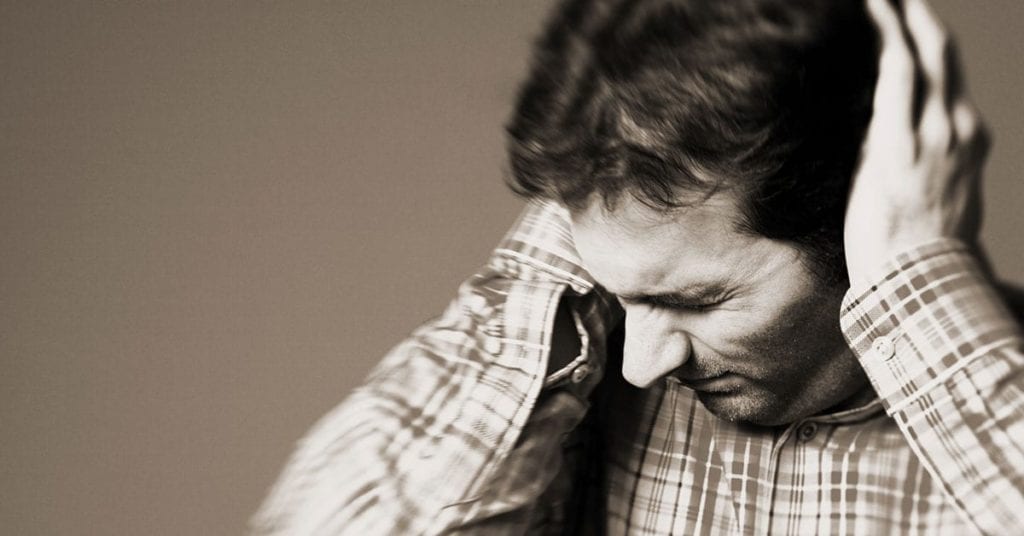“Everyone gets nervous, it’s normal!” . . . “It’s all in your head.” . . . “Just breathe, you’ll be fine.” . . . Have you ever heard one of these responses after admitting that you have been or are currently experiencing anxiety?
Unfortunately, many people are uncomfortable or uneducated when it comes to mental illness and this can become an obstacle in the path of those seeking help. The development of an anxiety disorder comes from a combination of risk factors, which include personality, brain chemistry, life events and genetics. The importance of anxiety awareness and the variety of coping methods used to manage this disorder are outlined below to shed some light on this topic.
Is Anxiety a Mental Illness?
Yes. Anxiety presents itself in many forms, some of which include, phobias, panic attacks, social anxiety disorder and GAD (Generalized Anxiety Disorder), among other various expressions. Over 40 million Americans are affected by anxiety, and of those, 10% are expected to be teens and 40% are expected to be adults with women being the favored group. Breaking it down even further, only about one-third of this sample population is receiving treatment.
Anxiety is a disorder that affects an individual both physically and mentally, and half of the time it coincides with depression. Dizzy spells, increased heart rate, tremors, upset stomach/nausea and headaches are some examples of physical side effects. Mental triggers such as financial stress, an overwhelming workload, and feelings of being trapped or confined can cause panic attacks or episodes of anxiety that feel almost unbearable.
Anxiety awareness is key to both the individual suffering from the disorder as well as to their loved ones and the surrounding community in order to establish a manageable solution. Antisocial behaviors to the point of isolation indicate an immediate need for treatment.
Coping Workshops and Other Tactics
There are resources out there that can help, and the good news is that you are not alone:
- 2 million people nationwide experience Obsessive-Compulsive Disorder (OCD) from anxiety.
- 7 million people nationwide experience Post Traumatic Stress Disorder (PTSD) from anxiety.
- 19 million people nationwide express that they harbor different phobias due to anxiety.
- 15 million people nationwide experience Social Anxiety Disorder from anxiety.
One such resource available to individuals experiencing any type of anxiety-related disorder is Advantage Mental Health Center. AMHC offers a variety of coping skills as well as coping workshops to parents, adolescents and adults dealing with anxiety. Personal assessments are used to place each individual on a customized recovery plan, including such services as individual counseling sessions, group therapy, skills and training groups and general education to promote anxiety awareness and management. You are not defined by your anxiety, and help is one click away.


